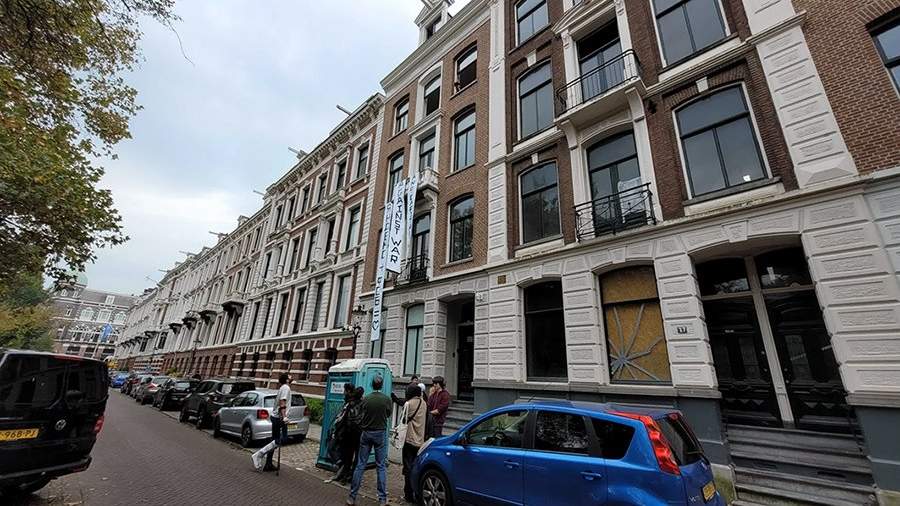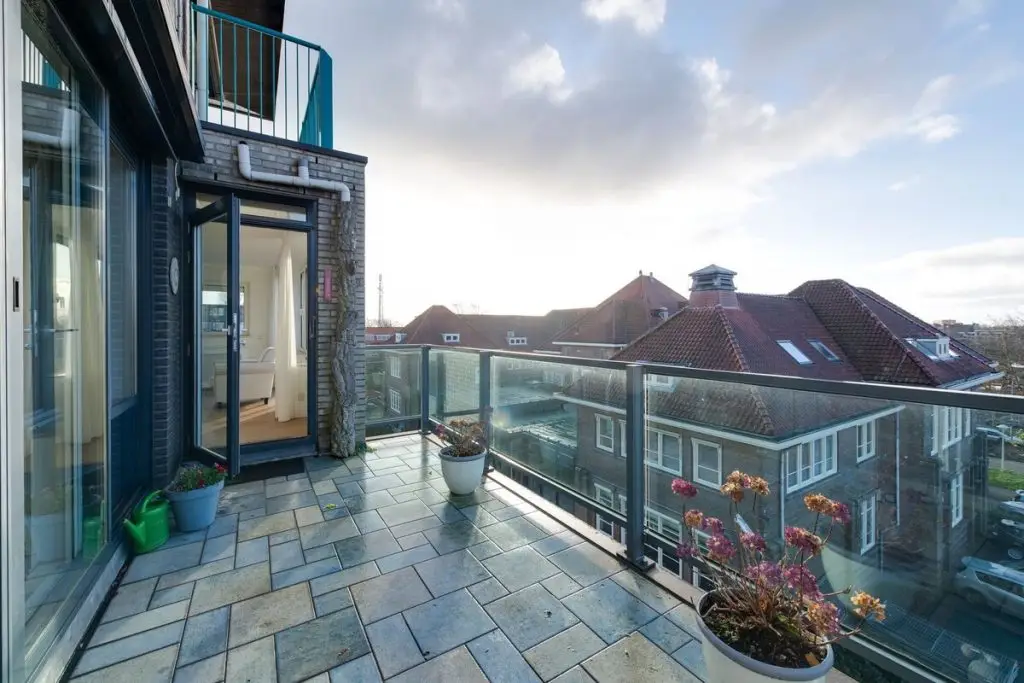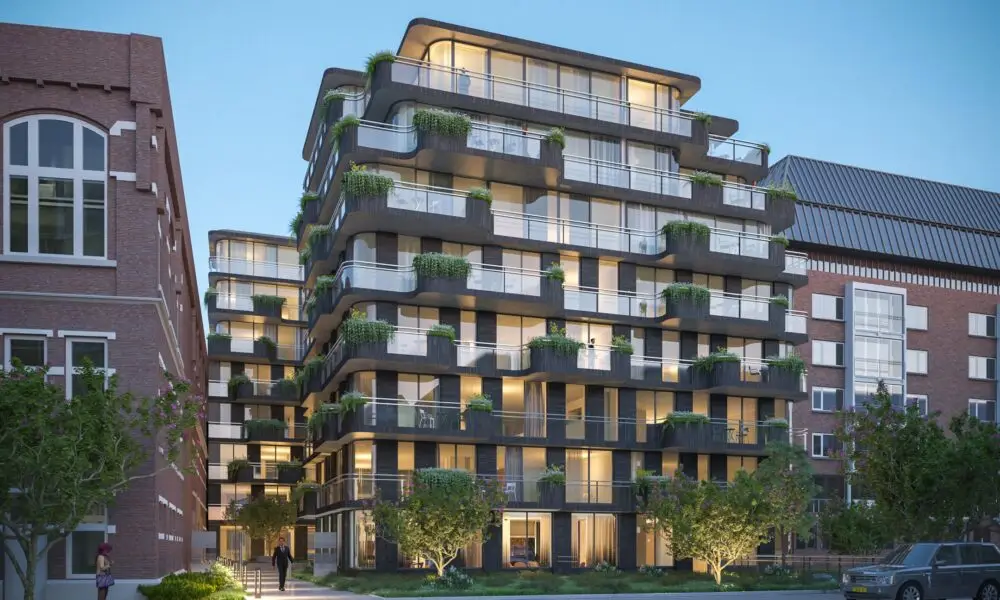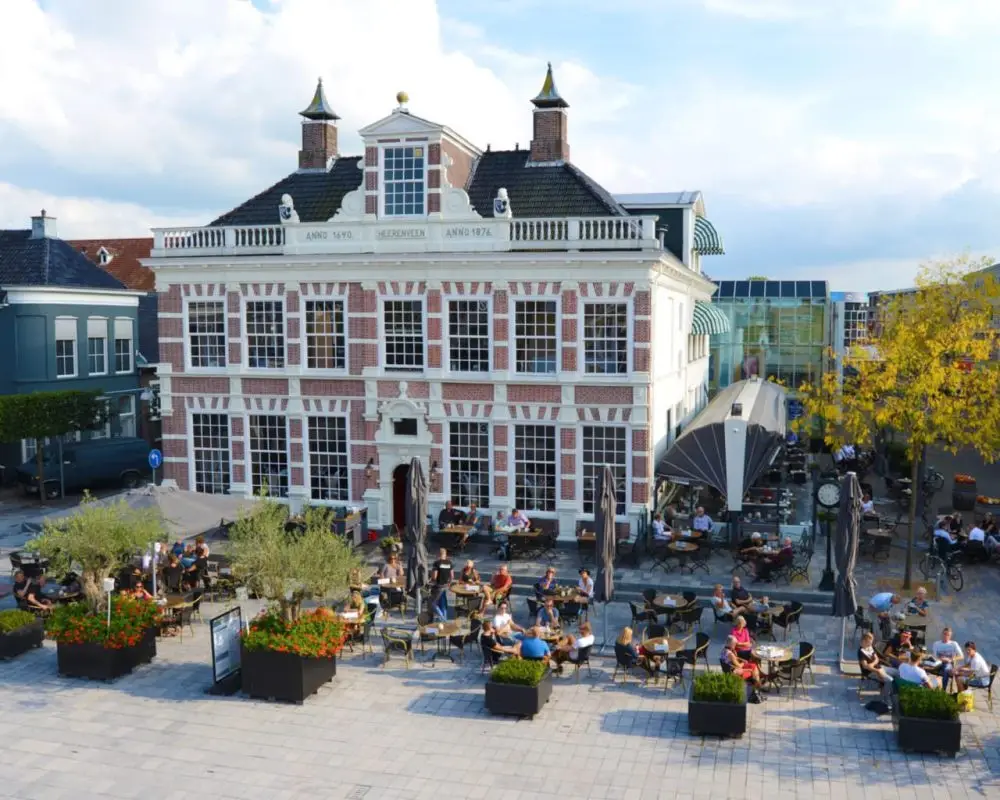Mortgages in the Netherlands for foreigners have long ceased to be an exception. Financial institutions of the country regularly approve applications from non-residents, especially in Amsterdam, Rotterdam and other cities with an active business and educational environment. The reason is obvious – stable market, transparent mechanisms, fixed rates, high trust in borrowers. The government supports foreign capital, as it stimulates the economy and promotes the growth of investment activity. Banks not only approve transactions, but also adapt mortgage products to the international audience.
Mortgage eligibility: who can apply
Mortgages in the Netherlands for foreigners are available to citizens of EU and non-EU countries. The main condition is stable income and legal residence in the country. The presence of a residence permit speeds up the procedure, but is not mandatory.
A foreign borrower is eligible for a mortgage if:
-
is officially employed in a company registered in the EU;
-
receives income in euros or another stable currency;
-
is registering property in the Netherlands in his own name;
-
proves income by documenting 12-24 months of income;
-
goes through a standard bank check.
Lack of citizenship does not reduce the chances if the basic requirements are met. It is important to understand: banks do not evaluate passports, but solvency, transparency of income and the purpose of the transaction.
Property loan in the Netherlands: types and terms
 Financial organisations offer different formats. Mortgages in the Netherlands for foreigners include annuity and linear schemes. The first one implies fixed monthly payments, the second one – the amount decreases every year.
Financial organisations offer different formats. Mortgages in the Netherlands for foreigners include annuity and linear schemes. The first one implies fixed monthly payments, the second one – the amount decreases every year.
Terms:
-
the standard period is 30 years;
-
the average amount is between €150,000 and €500,000;
-
minimum down payment – 10-20 %;
-
possibility of early repayment – without penalties (within the limit).
The loan is most often issued for housing, and less often for commercial properties. At the same time, banks are willing to consider requests from freelancers, entrepreneurs, IT specialists and remote workers if regular income is confirmed.
Mortgage conditions in the Netherlands for foreigners: what influences the decision
Financial authorities consider several parameters at the same time. The level of risk is assessed through three key criteria: income, debt load and collateral.
Calculation formula:
-
the permissible mortgage burden is not higher than 30-35% of net income;
-
minimum rate – for income above 50,000 euros per year;
-
коэффициент оценки объекта — 100 % рыночной стоимости;
-
amortisation – compulsory from the first month.
The DTI (debt-to-income ratio) plays a crucial role. If debts on other loans exceed 10-15% of income, approval is questionable.
Documents for mortgage: preparation and verification
The paperwork package determines the speed and the outcome. To speed up the procedure, the borrower should collect the following documents for the mortgage:
-
Passport or residence permit.
-
Employer contract (or business statement).
-
A 12-month income statement.
-
Bank statement.
-
Tax Returns.
-
Proof of funds available for a down payment.
-
Contract for the purchase of the property.
-
Facility Assessment Report.
Financial advisors recommend having documents translated into English or Dutch and notarised. This speeds up bank due diligence and reduces the number of clarifying enquiries.
Mortgage interest rates in the Netherlands for foreigners: current figures
The rates are determined depending on the term, form of the loan and the borrower’s rating. Mortgage in the Netherlands for foreigners is formed according to the same principles as for citizens of the country.
Range of rates:
-
fixed rates – from 3.1% to 4.5%;
-
variable rates – from 2.8 per cent, but with upside risk;
-
Hybrid schemes – combined 5-10 years ahead.
It is more favourable to choose fixed rates for 10-20 years, especially in times of market volatility. Some banks offer rates below 3 per cent if the customer deposits more than 30 per cent of the transaction amount.
Mandatory expenses: taxation and related charges
Mortgages in the Netherlands for foreigners are not limited to principal and interest payments. When buying a property, there are additional obligations that affect the final cost of ownership.
The financial burden is made up of:
-
registration tax – 2% of the value of the object;
-
the cost of notary services – 1,000-2,000 euros;
-
bank commission – from 500 to 1,500 euros;
-
real estate valuation – 400-700 euro;
-
state registration of the mortgage – up to 500 euros;
-
home and life insurance – 0.3-0.8 per cent of the amount per year.
All payments are fixed and transparent. The foreign buyer receives an estimate before the transaction and signs it together with the mortgage agreement. A special feature is the full inclusion of all costs in the legal part of the transaction, which minimises risks.
Main selection parameters
A mortgage in the Netherlands for foreigners requires the assessment of several aspects at once. To make the choice easier, you need to structure the process.
Type of property:
-
flat in a new building (guaranteed quality, higher cost);
-
house in a historical building (unique style, higher repair risks);
-
investment studio (low entry threshold, stable demand).
Location:
-
Amsterdam – high yields, maximum rates;
-
Rotterdam – business centre, reasonable prices;
-
The Hague – administrative area, stable demand;
-
Utrecht is a student market, high tenant turnover;
-
Leiden, Eindhoven are the new centres of technology.
Ownership Strategy:
-
personal residence (long-term place fixation);
-
renting out (passive income of 3-6% per annum);
-
Resale in 5-10 years (capitalization of assets).
Type of mortgage:
-
annuity (equal payments);
-
linear (debt reduction is faster);
-
combined (customisation for investment purposes).
Financial Parameters:
-
down payment – minimum 10%, comfortably 30%;
-
term – 30 years as standard, but intermediate terms are allowed;
-
monthly load – not more than 35% of income;
-
insurance is a must in any case.
Buying a property in the Netherlands with a mortgage: a real investor tool
The transition from renting to owning is a key stage in any expat’s life. A mortgage in the Netherlands for expatriates ensures the transition without excessive pressure and with clear mechanisms. Against the backdrop of high rental costs (€1,200-2,500 per month), even a basic loan becomes cost-effective.
Calculation:
-
an object worth 400,000 euros;
-
down payment – 80,000 (20 per cent);
-
the loan term is 25 years;
-
The interest rate is 3.3%;
-
payment – ~1,800 euros per month (including insurance);
-
average rent of a similar property – 2,100 euros.
The difference is clear: the purchase saves up to 300 euros monthly and gives capital gains in the future.
Risks and insurance: mandatory conditions
Each borrower takes out comprehensive insurance for the property. In case of natural disasters, fire or theft, the bank receives compensation and the owner receives protection of the investment.
Types of compulsory insurance:
-
property (walls, roof, structure);
-
civil liability (damage to third parties);
-
life insurance (at the bank’s request);
-
Loss of income insurance (optional, but beneficial).
Without insurance, the bank will not activate the contract. On average, the total cost of the policy is 600-1,200 euros per year.
Conclusion
 A mortgage in the Netherlands for foreigners offers access to a stable market with transparent regulation and clear logic. Low interest rates, flexible repayment schemes and respect for non-residents make the process of buying a home a sound investment. The main thing is to clearly formulate the goal, calculate the possible load and approach the choice not as a purchase, but as a project with a long-term result.
A mortgage in the Netherlands for foreigners offers access to a stable market with transparent regulation and clear logic. Low interest rates, flexible repayment schemes and respect for non-residents make the process of buying a home a sound investment. The main thing is to clearly formulate the goal, calculate the possible load and approach the choice not as a purchase, but as a project with a long-term result.
 en
en  ru
ru  de
de  ar
ar  es
es  nl
nl  hi
hi  fr
fr  it
it  pt
pt  el
el 









